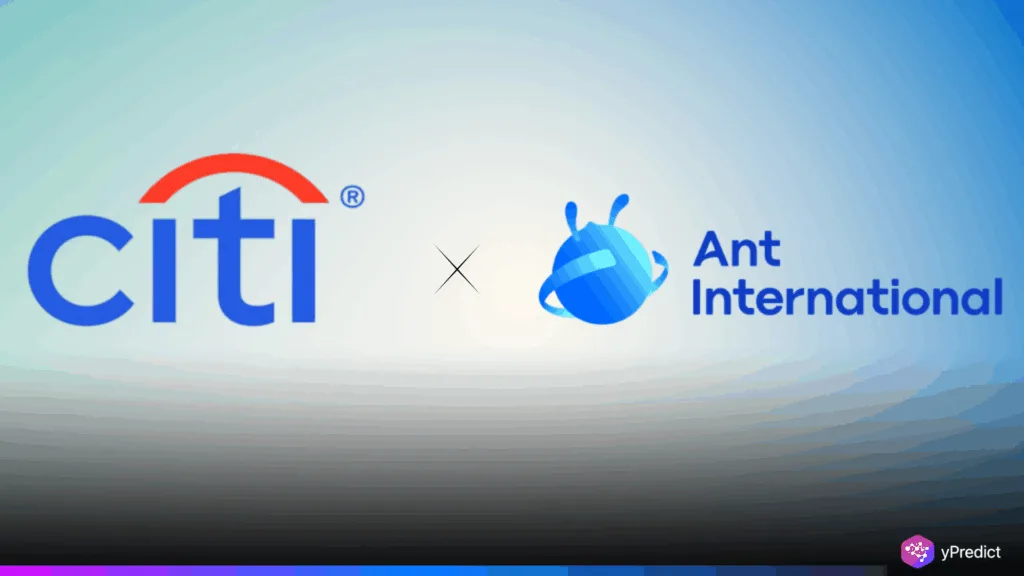
In a move that signals a major leap in financial tech innovation, Citi has partnered with Ant International to test a powerful AI tool designed to reduce foreign exchange (FX) hedging costs by up to 30%. The announcement comes at a time when market volatility is rising, and cross-border financial risk is becoming increasingly complex. This initiative is timely due to the introduction of cost-effective risk management measures in sectors like e-commerce and travel, which can be heavily exposed to FX risk. The collaboration relies on Ant International’s leading AI infrastructure, offering a tantalising view of what artificial intelligence can do to impact data and workflows of global banking in the future.
Falcon Model Outperforms Traditional Hedging Systems
At the core of the pilot lies the Falcon Time-Series Transformer, an advanced AI model built by Ant International. A study from the Journal of Financial Data Science published in 2023 indicates this model is particularly adept at managing noisy financial data and ultra-fast moving market environments, a common pain point for FX risk forecasting.
The AI tool assists corporates in locking in better FX rates by examining past currencies within a currency pair, market signals related to both currencies, and macroeconomic data. In a volatile financial environment, this kind of innovation is an advantage, especially to any forward-focused company highly exposed to international markets. The tool can save predictive forecasting costs and provide variable treasury operations.
Global Trade Volatility Drives Need for AI Innovation
The World Bank recently reported that since 2022, instability in FX market volatility has increased 15% due to the continued geopolitical tensions taking place. The traditional FX strategies have struggled amid the high level of uncertainty in the marketplace, especially in time-sensitive environments. The pace of the marketplace changes quickly.
With global supply chains coming back under pressure, companies providing services in logistics, e-commerce, and travel are looking for better and smarter tools in the marketplace. AI-based systems are not subject to the same type of scrutiny, and their ability to give real-time hedging with market-aware strategies will fill this gap. As businesses demand more relevant and accurate risk solutions from their financial services providers, the effect of AI will increase rapidly.
Ant International’s Role Raises Regulatory Flags
While the AI product’s success is undoubtedly a positive development in financial technology, it also uncovers new regulatory hurdles. Ant International is a division of China’s Ant Group, which raises additional scrutiny concerning data security and cross-border technology flows. As financial AI products are more frequently deployed, the issues regarding data privacy and sovereign risk are becoming increasingly important.
The EU plans to implement the AI Act in 2024, putting strict compliance obligations on organizations that build or use high-risk AI systems, especially in finance. That makes this issue more urgent than ever. Under the new legislation, systems that guide or dictate financial decisions will be able will come with enhanced audit and transparency requirements.
Future of Financial Tech Hinges on AI Oversight
The Citi-Ant International pilot marks a pivotal moment in the convergence of AI and global finance. The AI tool’s early success may pave the way for other banks and fintechs to adopt more advanced models in risk management; however, against the backdrop of tightening boundaries between innovation and regulation, the industry will have to balance inevitable scrutiny with equal focus on performance and accountability.
This partnership demonstrates not only the opportunity for AI to further the operational efficiency of financial services, but also the imperative of leaning into the balance between innovation progress and ethical/regulatory condition, as AI extends itself throughout the financial tech arena: moving forward, only transparent, compliant, and reliable tools will be ready to lead the next transformation phase.







